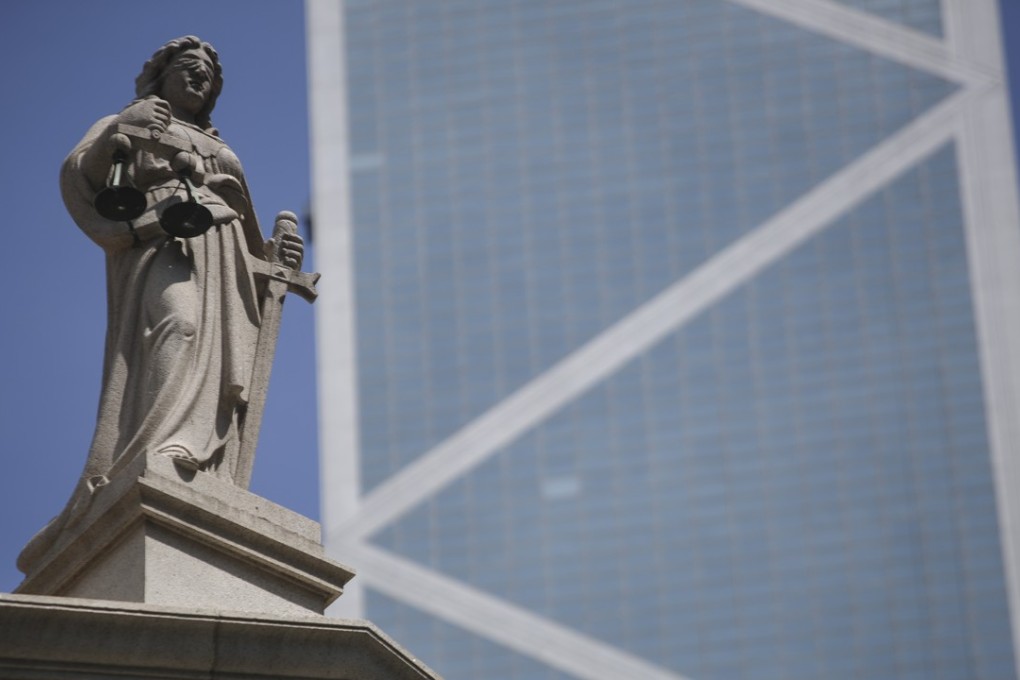Why fighting back is a winning strategy for Chinese companies caught up in US intellectual property suits

Chinese companies exporting to the United States should proactively manage the legal risks of intellectual property infringement and be cooperative should they become entangled in a lawsuit, according to the lead lawyer in a rare courtroom battle won by a Chinese company.
Gary Hnath, intellectual property partner at international law firm Mayer Brown representing Shanghai-listed Zhejiang Medicine in an intellectual property infringement case, said Chinese companies should be adaptive according to the legal system differences between the US and their home market.
“Chinese companies are nowadays more willing to defend themselves in intellectual property cases in court trials … years ago many were afraid of the US legal system that they just gave up when sued,” said Hnath, who has been representing Chinese companies in the US since 1995.
Zhejiang Medicine last month successfully defended itself in a seven-year long patent infringement case brought by Japanese chemical manufacturing company Kaneka Corporation, which also sued two other Chinese companies on alleged infringement of its patent on CoQ10 – one of four most-bought dietary supplements in the US.
Kaneka had sought and failed to win US$7 million in damages from Zhejiang Medicine and an injunction from further infringement.
The global CoQ10 market is forecast to grow by an average annual rate of 10.1 per cent to US$1 billion by 2024, up from US$351 million in 2015, according to market research consultancy Global Market Insights.